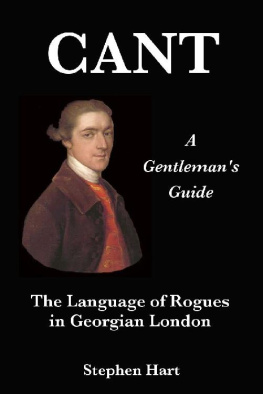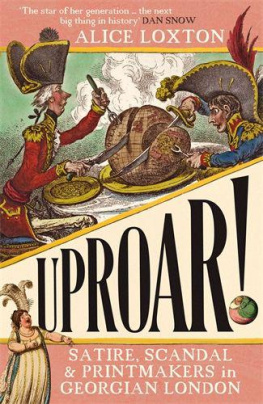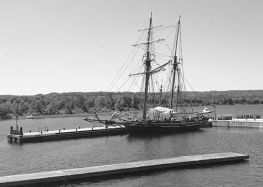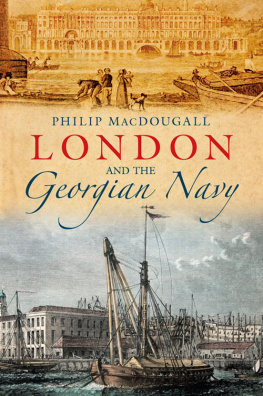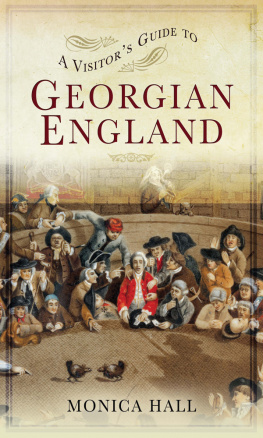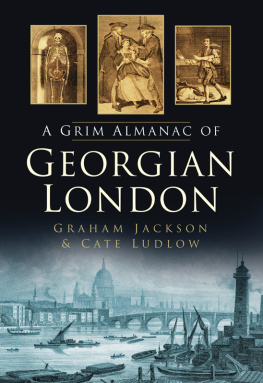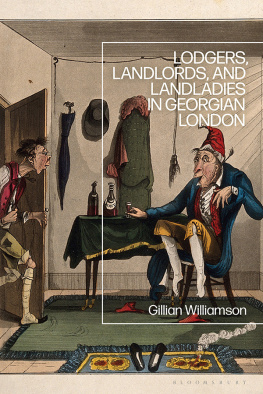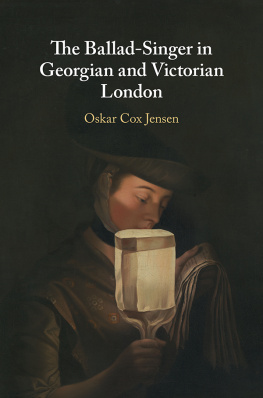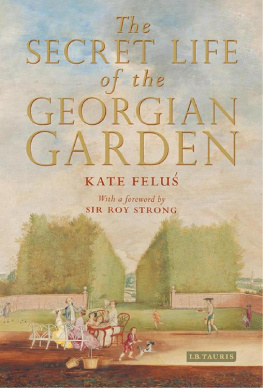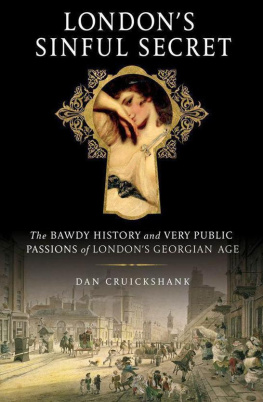CANT
A Gentleman's Guide
to the
Language of Rogues
in
Georgian London
Stephen Hart 2013
Acknowledgements
I would like to thank everyone who helped in the preparation and writing of this volume.
In particular I wish to thank my wife Pamela Freeman for her unfailing support and knowledgeable advice.
My thanks also to Andrew Taubman and Stephen Bourke for their many suggestions, all of which have improved this work immeasurably.
And finally, I would like to thank the late Mr Jonathan Wild, master criminal of the early 18th century, who first inspired me to study Thieves Cant and without whom this book would undoubtedly never have been written.
Introduction
Planning to visit Georgian London? You've collected some period money, got yourself kitted out with the appropriate clothes and had your inoculations. You have had your inoculations, havent you? If not, go and do it right now. There are some nasty diseases and the environment is not healthy.
But one thing is missing. As well as the grand buildings in the West End, you want to see something of the seamier side of life. To do this, you have to blend in, and to blend in you have to know the language.
Canting, Flash Lingo, St Giles Greek, Pedlars French - the language of the London Underworld. You need more than just a few words.
Frankly, you can go into a flash ken and say bene darkmans but unless you can tell a clapperdogeon from a running smobbler the dambers will know youre half flash and half foolish and if you dont buy a brush the upright man will turn you over to a miller and youll be taking an earth bath in a wooden surcoat before you know it.
Fortunately, you can avoid this fate with a little effort. A few hours study of this volume will enable you to pass as a bowman prig, even in the lowest company.
Dont be a sapskull. Carry it with you at all times.
Digressions
At intervals in this volume I have digressed into other topics that I think you may need to know to make your trip a more enjoyable (and survivable) experience. If you have done your own research before setting out, or if you are only interested in canting, feel free to skip them. I shall not be insulted.
Stalling the Rogue
There is a very ancient ceremony called Stalling the Rogue to initiate a candidate into the society of rogues. It is described as follows:
The upright man takes a gage of bowse and pours it on the head of the rogue to be admitted; saying:
I, A.B. do stall thee B.C. to the rogue; and from henceforth it shall be lawful for thee to cant for thy living in all places.
It is unlikely that you will ever be stalled but at least when you have read this book you will know who the upright man is, the nature of bowse and why you might want a gage of it. And you never know. Strange things can happen in big cities and Georgian London is one of the biggest and strangest on the planet.
Disclaimer
This is not an academic work and should not be used as such. It is simply intended as a guide for fellow gentleman time-travellers and is presented in the hope that it might be useful.
The author must confess to a lack of formal qualifications in linguistics and lexicography. He does know enough to be aware of the vast seas of ignorance surrounding his little island of knowledge and apologises for any misconceptions or outright errors caused thereby.
If you are interested in the factual foundations of this work you can consult the Appendix on Academic Stuff .
For the purposes of this book, London is taken to be a combination of London proper, Westminster and Southwark.
Chapter 1 - Getting Started
Greetings
| Bene Lightmans | Good day |
| Bene Darkmans | Good night |
| How dost do my Buff? | How are things going? |
Lightmans and Darkmans are, of course, the Day and the Night. Night may also be referred to as Blindmans Holiday . Bene means good. Buff here is an adjective with man (or cove etc) implied. A buff person is one who stands buff - is strong and reliable.
Depending on the time of year, you can comment that the weather is Ard (hot) or Znees (frosty) or that there is a Scotch Mist (soaking rain). Even among rogues, a comment on the English weather is always an acceptable way to start a conversation.
Good and Bad
Bene or Bien (pronounced bean) is a general term for good. Comparative (better) is Benar and Superlative (best or very good) is Beneship . It can be used in many contexts:
| Bene Bowse | Good beer or strong liquor |
| Bene Cove | A good companion |
| To Cut Bene Whids | To speak gently |
| To Pike on the Bene | To run away while you can (in modern parlance, get out while the going is good) |
A similar term is Rum . The modern meaning has shifted to mean Odd but in Georgian England it means Good.
Bene generally applies to people; Rum applies to things, although the rule is not absolute. For example:
| Rum Prancer | A fine or beautiful horse |
| Rum Kicks | Breeches with gold or silver brocade |
| Rum Clout | A fine silk handkerchief |
| Rum Nab | A good hat |
| Rum Nantz | Good French brandy |
The opposite term is Queer meaning bad. Queer can apply to both people and things. For example:
| Queer Prancer | An old, worn out horse |
| Queer Kicks | A pair of old and tattered breeches |
| Queer Clout | An old handkerchief |
| Captain Queernabs | A shabby-looking man in poor clothes |
| Queer Cull | A fop or a fool |
A rogue may be referred to as a Queer Cove . In this sense it is descriptive rather than pejorative. It can be used to describe roguish activities. For example:
| Queer Cole Maker | A maker of false coins |
| Queer Plungers | Rogues who pretend to nearly drown and then try to extract money from Humane Societies and others |
| Queer Rooster | An informer |
Men and Women
The terms for men and women are extensive and will be covered in more detail in later chapters. The following are a few of the basic terms:
| Cove or Cull | A man |
| Swell | A gentleman |
| Mort | A woman |
| Gentry Mort | A gentlewoman |
Now that you have a general idea of how this works, it is time to dive in and start learning some serious vocabulary. Alcohol is always a good place to start.
Chapter 2 - Buying a Drink
Time travelling is thirsty work so, shortly after arriving, you are likely to need a drink. The terms alehouse (which sells drink only), tavern (food and drink) and inn (food, drink and accommodation) are perfectly acceptable but there are some other terms you may hear, which are presented below. Georgian London has hundreds of these establishments. You should have no trouble finding one.
There are a large number of terms for drink and drinking. Whilst there is no need for you to use them all, you should at least recognise the terms when you hear them. Dont forget that you can use Bene , Rum and Queer as additional descriptors. A Bowsing Ken is an alehouse but if you like it you can describe it as a Bene Bowsing Ken .
Digression: Taverns
There are one or two taverns which might be of special interest to the gentleman time traveller.
The Mitre in Fleet Street was Dr. Johnsons favourite supper-house and his coterie included Oliver Goldsmith, Thomas Percy, John Hawkesworth and James Boswell. If you are in the mood to be richly insulted by an eminent lexicographer you need do no more than attempt to interrupt the good Doctors dinner.
Next page
